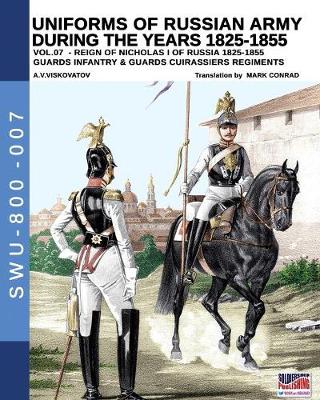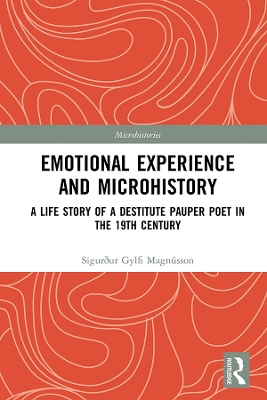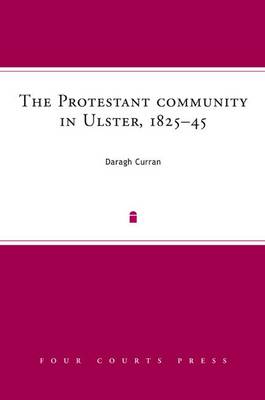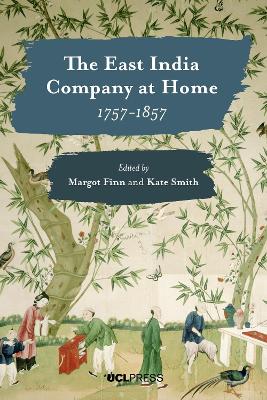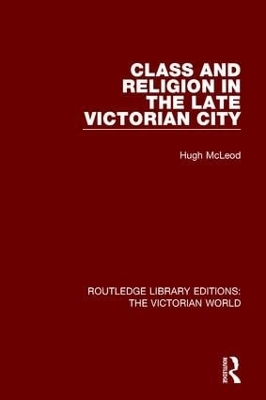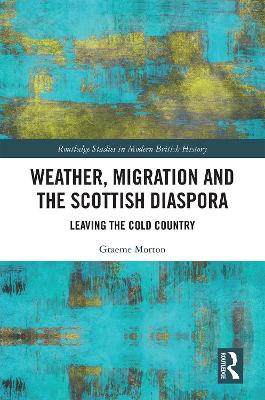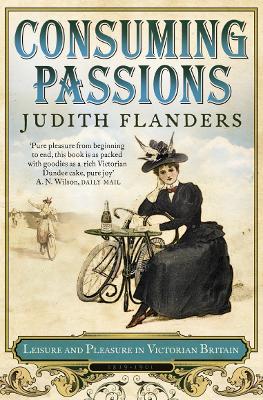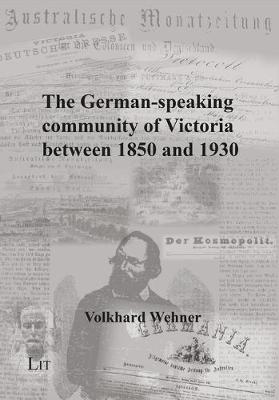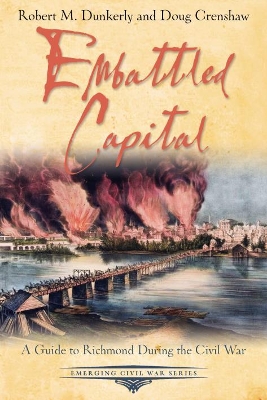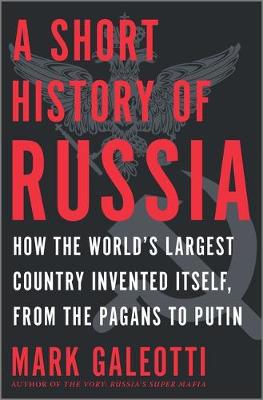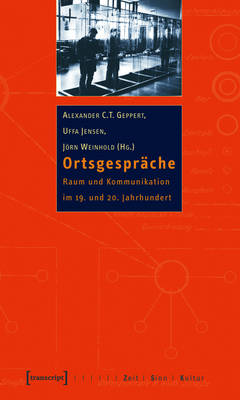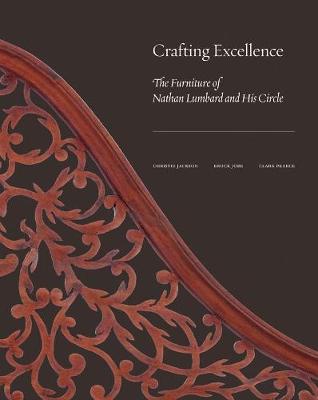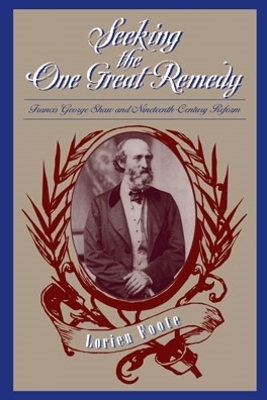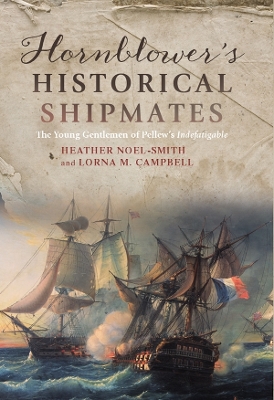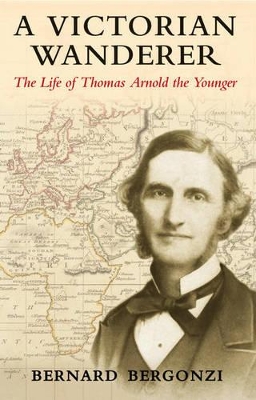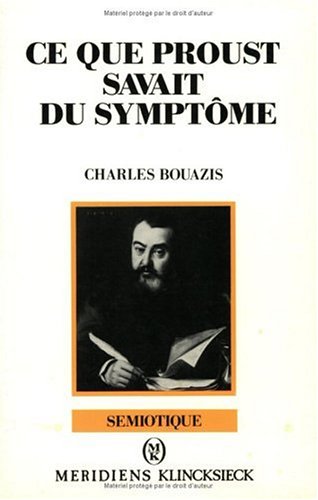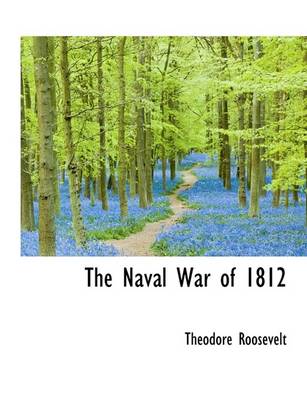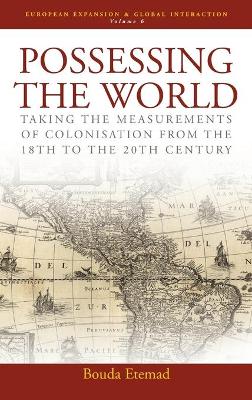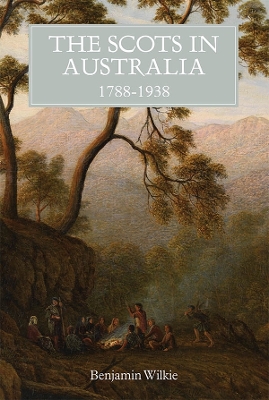Uniforms of Russian army during the years 1825-1855 vol. 07 (Soldiers, Weapons & Uniforms 800, #7)
by Aleksandr Vasilevich Viskovatov
Emotional Experience and Microhistory explores the life and death of Magnús Hj. Magnússon through his diary, poetry and other writing, showing how best to use the methods of microhistory to address complicated historical situations. The book deals with the many faces of microhistory and applies it’s methodology to the life of the Icelandic destitute pauper poet Magnús Hj. Magnússon (1873–1916). Having left his foster home at the age of 19 in 1892, he lived a peripatetic existence in an unstint...
Mapping Memory in Nineteenth-century French Literature and Culture (Faux Titre, #369)
Memory and memory studies have shaped a major site of humanities research over the last twenty years. Examined by ethnographers, archaeologists, social scientists, historians, economists, archivists, art historians, and literary scholars, the theme of memory - individual memory and memoir, collective memory, official memory and oral memory, cultural memory and popular memory - has informed academic discourse and formed institutional structures. Yet, the matter of memory is, paradoxically, under-...
The East India Company at Home, 1757-1857
The East India Company at Home, 1757?1857 explores how empire in Asia shaped British country houses, their interiors and the lives of their residents. It includes chapters from researchers based in a wide range of settings such as archives and libraries, museums, heritage organisations, the community of family historians and universities. It moves beyond conventional academic narratives and makes an important contribution to ongoing debates around how empire impacted Britain. The volume focuses...
Class and Religion in the Late Victorian City (Routledge Library Editions: The Victorian World, #32)
by Hugh McLeod
First published in 1974, this book describes the religion of the East End, the West End, and the suburbs of London, where each section of society – as well as a variety of immigrant groups – has its own quarters, its own institutions, its distinctive codes of behaviour. While the main focus is on ideas, or unconscious assumptions, rather than institutions, two chapters examine the part played by the churches in the life of Bethnal Green, a very poor district, and of Lewisham, a prosperous suburb...
Weather, Migration and the Scottish Diaspora (Routledge Studies in Modern British History)
by Graeme Morton
Why did large numbers of Scots leave a temperate climate to live permanently in parts of the world where greater temperature extreme was the norm? The long nineteenth century was a period consistently cooler than now, and Scotland remains the coldest of the British nations. Nineteenth-century meteorologists turned to environmental determinism to explain the persistence of agricultural shortage and to identify the atmospheric conditions that exacerbated the incidence of death and disease in the t...
A delightful and fascinating social history of Victorians at leisure, told through the letters, diaries, journals and novels of nineteenth-century men and women, from the author of the bestselling 'The Victorian House'. Imagine a world where only one in five people owns a book, where just one in ten has a knife or a fork - a world where five people out of every six do not own a cup to hold a hot drink. That was what England was like in the early eighteenth century. Yet by the close of...
The German-Speaking Community of Victoria Between 1850 and 1930 (Geschichte, #155)
by Volkhard Wehner
Embattled Capital (Emerging Civil War)
by Robert M. Dunkerly and Doug Crenshaw
“On To Richmond!” cried editors for the New York Tribune in the spring of 1861. Thereafter, that call became the rallying cry for the North’s eastern armies as they marched, maneuvered, and fought their way toward the capital of the Confederacy. Just 100 miles from Washington, DC, Richmond served as a symbol of the rebellion itself. Richmond was home to the Confederate Congress, cabinet, president, and military leadership. And it housed not only the Confederate government but also some of the...
Brought to you by Penguin.Can anyone truly understand Russia? Let one of the world's leading experts show you how, using the fascinating history of a nation to illuminate its future. Russia is a country with no natural borders, no single ethnos, no true central identity. At the crossroads of Europe and Asia, it is everyone's 'other'. And yet it is one of the most powerful nations on earth, a master game-player on the global stage with a rich history of war and peace, poets and revolutionaries....
Crafting Excellence (Winterthur Museum)
by Christie Jackson, Brock Jobe, and Clark Pearce
When the inscription "Made by Nathan Lumbard Apl 20th 1800" was found in the late 1980s on a chest of drawers, the identity of an unknown craftsman suddenly surfaced. Crafting Excellence introduces the striking achievements of cabinetmaker Nathan Lumbard (1777 1847) and a small group of craftsmen associated with him. Working initially in the village of Sturbridge, Massachusetts, these artisans fashioned an array of objects that rank among the most colorful and creative of Federal America. Recent...
A Radical Abolitionist And Early Feminist, Francis George Shaw (1809-1882) was a prominent figure in American reform and intellectual circles for five decades. He rejected capitalism in favor of a popular utopian socialist movement; during the Civil War and Reconstruction, he applied his radical principles to the Northern war effort and to freedmen's organizations. A partnership with Henry George in the late 1870s provided an international audience for Shaw's alternative vision of society. Seeki...
Comment participer ce que la vie a de divin - si on ne croit plus en Dieu ? Comment lui donner une signification, si on la sent priv e du fondement ontologique qui autrefois lui garantissait sa coh rence? Que deviennent enfin l'esp rance, et surtout la charit , dans un monde o la foi ne semble plus praticable ? Voici les questions que ce livre propose d'aborder, en tudiant cinq r ponses apport es par la po sie moderne la crise m taphysique qu'elle se voit contrainte d'affronter. Celle de B...
Hornblower's Historical Shipmates
by Heather Noel-smith and Lorna M. Campbell
This book sets out the lives of seventeen 'young gentlemen' who were midshipmen under the famous Captain Sir Edward Pellew. Together, aboard the frigate HMS Indefatigable, they fought a celebrated action in 1797 against theFrench ship of the line Les Droits de l'Homme. C. S. Forester, the historical novelist, placed his famous hero, Horatio Hornblower, aboard Pellew's ship as a midshipman, so this book tells, as it were, the actual stories of Hornblower's real-life shipmates. And what stories th...
A biography of Matthew Arnold's Catholic younger brother Tom, a scholar, teacher, and self-styled 'wanderer'. Arnold's path in life took him, after a brilliant start at Oxford, to colonial New Zealand, to Tasmania, to Dublin, back to Oxford, and once more to Dublin, where he died in 1900. His spiritual wanderings led him into the Catholic Church, then out of it for some years, and finally back to it. He was close both to Matthew and to John Henry Newman, and his relations with them show unfamili...
The Bible in Slavic Tradition (Studia Judaeoslavica, #9)
This volume contains selected papers from an international conference held in 2009 in Varna, Bulgaria. The papers represent major trends and developments in current research on the medieval Slavonic biblical tradition, primarily in comparison with Greek and Hebrew texts. The volume covers the translation of the canonical, apocryphal and pseudepigraphical books of the Old and New Testaments and its development over the ninth to sixteenth centuries. Another focus is on issues relating to Cyril and...
Starting from the botanical crazes inspired by Linnaeus in the eighteenth century, and exploring the variations it spawned--natural history, landscape architecture, polemical battles over botany's prurience--this study offers a fresh, detailed reading of the courtship novel from Jane Austen to George Eliot and Henry James. By reanimating a cultural understanding of botany and sexuality that we have lost, it provides an entirely new and powerful account of the novel's role in scripting sexualized...
Possessing the World (European Expansion & Global Interaction, #6)
by Bouda Etemad
Based on an impressive body of information and data, this volume recounts the history of five continents over a long stretch of time and in a comparative approach. From the beginning of European expansion the question was posed: what were the "empire tools" that gave Europe its military superiority, even before the industrial revolution? What was it that enabled Europeans to withstand life-threatening tropical diseases and to control indigenous populations? This book gives a fresh and wide-ran...
Despite their significant presence, Scots have often been invisible in histories of Australian migration. This book illuminates the many experiences of the Scots in Australia, from the first colonists in the late-eighteenth century until the hopeful arrivals of the interwar years. It explores how and why they migrated to Australia, and their lives as convicts, colonists, farmers, families, workers, and weavers of culture and identity. It also investigatestheir encounters with the Australian cont...
